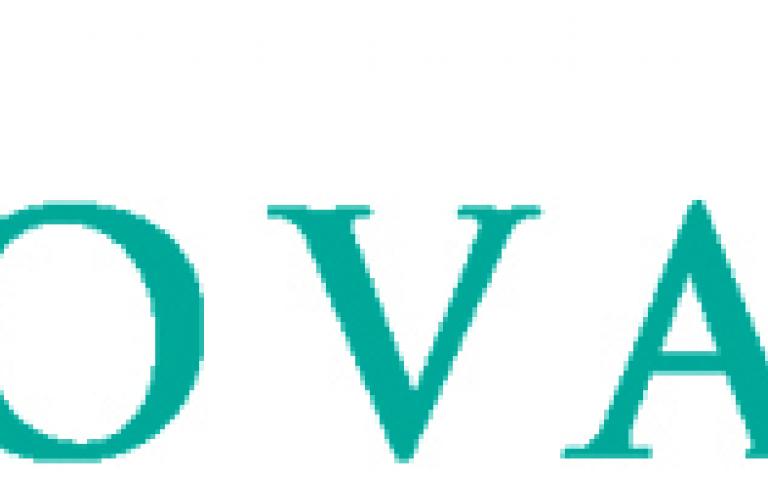Novartis today (24 November 2009) officially inaugurated the US’s first-ever large-scale flu cell culture vaccine and adjuvant manufacturing facility.
The facility situated in Holly Springs, North Carolina is a result of a partnership between Novartis and the US Department of Health and Human Services (HHS). It is the first of its kind in the US and highlights an important milestone in efforts to improve influenza vaccine manufacturing technology in the US and enhance domestic pandemic preparedness.
“We are proud to be one of the first companies to bring influenza cell culture as well as adjuvant technology to the United States,” said Daniel Vasella, CEO and Chairman of Novartis.
“We have seen a great need to invest into new technologies for flu vaccines that will allow for quicker and more reliable production capacity. We are pleased to be working closely with the US government to build a world-class, state of the art manufacturing facility in the US that will change the way we manufacture influenza vaccines in the future.”
The total investment in the facility is nearly USD 1bn, through a partnership between Novartis and HHS to support the design, construction, validation and licensing of the manufacturing facility in Holly Springs.
The operations at this facility will use modern, cell culture-based manufacturing technology. Cell culture-based production operations are cleaner, can be scaled up more quickly to respond to a pandemic and do not rely on eggs for rapid response to a pandemic.
Cell culture technology for influenza vaccines is not yet approved in the US, however part of the HHS contract support for Holly Springs includes funding for the development of a flu cell culture vaccine. If licensed in an emergency, the facility will be ready to respond to a pandemic as early as 2011. The plant is planned to be running at full scale commercial production in 2013.
Novartis already operates a cell culture-based manufacturing plant in Marburg, Germany. It is licensed to produce a seasonal cell culture-based influenza vaccine, Optaflu®, which is approved in all 27 member states of the European Union as well as in Iceland and Norway. It currently produces Celtura, a H1N1 pandemic vaccine licensed in Germany and Switzerland.
The Novartis Holly Springs facility can also start producing MF59®, the Novartis proprietary adjuvant, as early as December 2009. Although not yet approved in the US, studies with adjuvants are currently underway in the US.
Results of the most recent clinical trials conducted with the Novartis MF59 adjuvanted cell culture-based vaccine have shown that it is possible to induce protective antibody levels against A(H1N1) infection within two weeks of administration of a single low-dose adjuvanted vaccine.
MF59 has also been shown to provide cross-protection across similar strains of a H5N1 virus, which is an additional important element for a pre-pandemic vaccine given that mutations are a common feature of emerging influenza strains.
As part of its partnership with HHS, Novartis is responsible for, among other things, pre-construction document development, land use and zoning, construction, commissioning, validation and licensing of the facilities with the goals of regulatory licensure, manufacture and release of seasonal and pre-pandemic vaccine, as well as provision for pandemic vaccine supply in the event of a pandemic or other vaccines or biologicals in the event of an emergency for an emerging infectious disease.
The partnership also requires Novartis to provide two commercial-scale annual lots of pre-pandemic vaccine for a minimum of three years. In addition, HHS has the right to exercise options to purchase additional influenza vaccine over 17 years.










